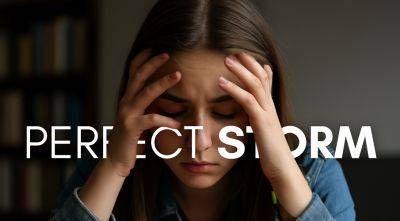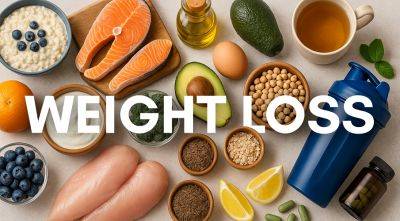Study: Non-Medication Treatments for ADHD Not as Effective as Stimulants
April 29, 2025Stimulant medications (amphetamine or methylphenidate) reduce ADHD symptoms better than non-pharmacological interventions, according to a meta-analysis published in The Lancet Psychiatry, which included 113 randomized clinical trials (RCTs) and 14,887 participants aged 19 to 44.
1The researchers analyzed self-reports and clinician-reported rating scales submitted at 12, 26, and 52 weeks regarding the efficacy of medication and non-medication treatment for ADHD.“Stimulants were the only intervention supported by evidence of efficacy in the short term (i.e., at time points closest to 12 weeks) for core symptoms of ADHD in adults (both self-reported and clinician-reported) and were associated with good acceptability (all-cause discontinuation),” they said. (Amphetamines and methylphenidate showed no notable difference in effectiveness.)Atomoxetine, a selective norepinephrine reuptake inhibitor (SNRI), benefited adults with ADHD during the measured time periods, but atomoxetine had worse overall acceptability compared to placebo.A small body of evidence suggested that non-medication treatment [i.e., cognitive behavioral therapy (CBT), neurofeedback, and relaxation therapy] benefited people with ADHD over longer periods.
However, those studies, the researchers noted, had inconsistent results with variations depending on whether the individual with ADHD or their clinician rated the core symptoms.“Our findings highlight how both individuals with ADHD and clinicians should be considered as sources of evidence, with ratings of symptoms by both groups measured in RCTs,” the researchers said.
Read more on additudemag.com








































